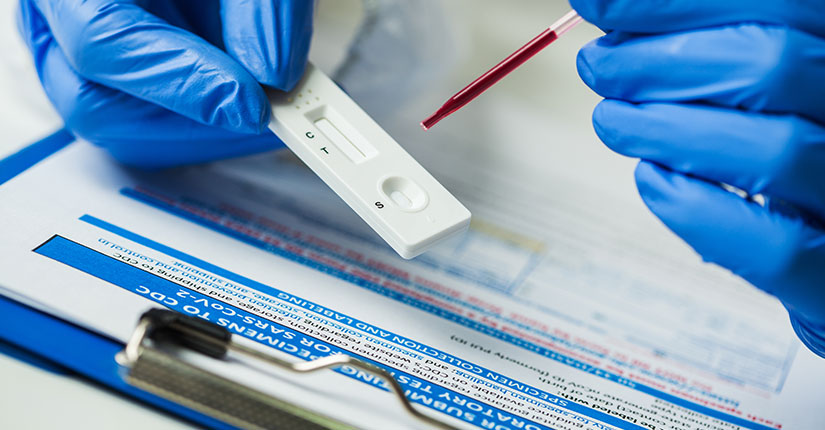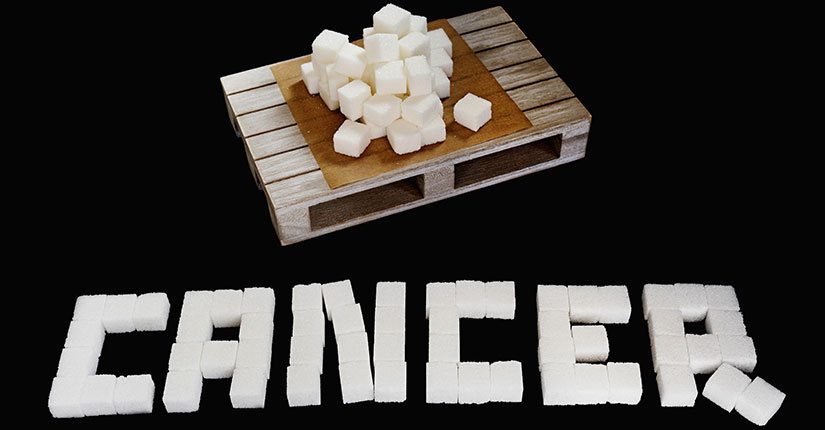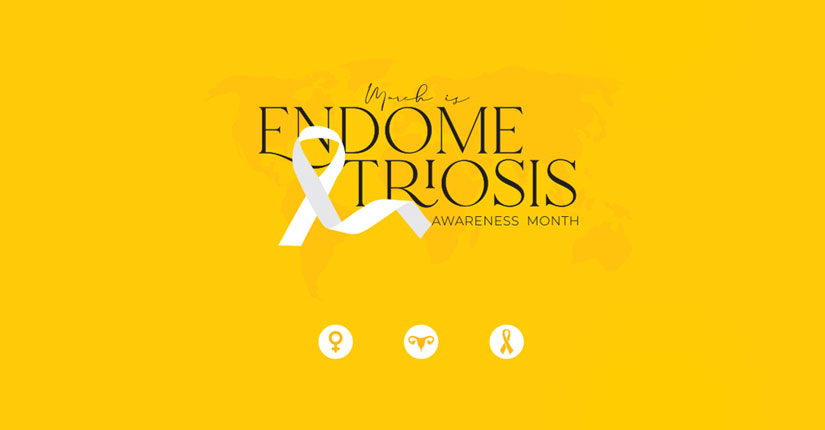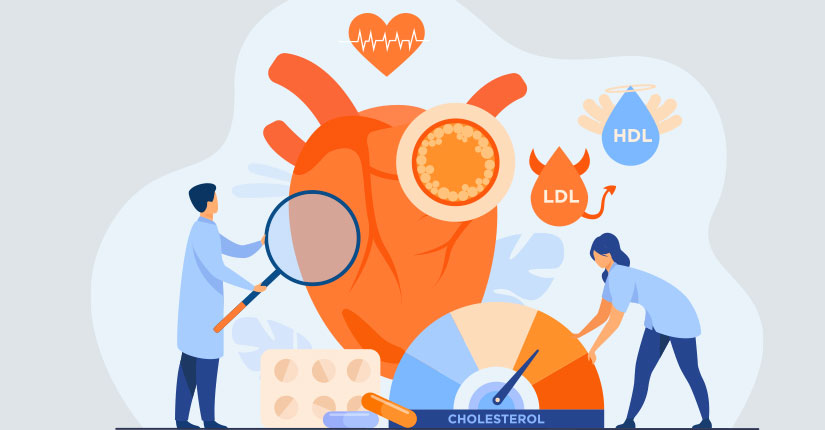All you Need to Know about Intravenous Vitamin C
By Nmami Life Editorial 26-Mar 2020 Reading Time: 4 Mins

Found in citrus fruits and juices, Vitamin C has a significant role in our diet and in enhancing our immunity. Giving intravenous Vitamin C simply means injecting it into the veins and as a result, this method works faster and better as Vitamin C is getting directly absorbed in the blood. Intravenous therapy (IV) is a method that delivers fluids directly into a vein and it is the fastest way to deliver medications.
Important functions that Vitamin C carries out
Vitamin C increases the intestinal absorption of non-heme iron from dietary sources and is involved in the metabolism of tyrosine and in the maximization of activity for the essential hormones like cholecystokinin, oxytocin, vasopressin, and alpha-melanotropin. Vitamin C deficiency is found to interfere with collagen synthesis, catecholamine formation, prostaglandin metabolism, and cellular immunity.
Vitamin C (ascorbic acid or ascorbate) has antioxidants which are needed for the biosynthesis of collagen, l-carnitine, and some neurotransmitters. It helps in wound healing and prevents damage to cells.
Deficiency of vitamin C could lead to the following issues:
Vitamin C deficiency can lead to scurvy. Characteristic symptoms of vitamin C deficiency could be :
- Swollen and bleeding gums
- Tiredness
- Delayed wound healing
- Joint pain
- Loose teeth
- Colored spots on the skin
However, vitamin C injections are given when vitamin C levels need to be increased quickly or when oral supplements can’t be taken due to poor absorption or other reasons.
Supplements of Vitamin C are available in the form of oral tablets, chewable tablets, extended-release tablets, and extended-release capsules.
Right dosage
The overall aggregate human body store of vitamin C can range between 300 mg (at severe depletion such as scurvy) and 2 g. The bioavailability of vitamin C is regulated by intestinal absorption, tissue stores, renal resorption, renal excretion, and the health status of the person.
To treat vitamin C deficiency, the typical vitamin C injection dose is 200 mg once daily for up to a week. In the case of wound healing, the typical vitamin C injection dose is 1 gram once daily for 5 to 21 days.
Risks and concerns related to high doses of Vitamin C are as follows:
High doses of Vitamin C can cause kidney failure, especially in patients with a history of kidney disorders. Patients having a tendency to develop kidney stones should not be treated with high-dose vitamin C.
Since vitamin C may help iron get absorbed more easily and used by the body, high doses of the vitamin are not recommended for patients with hemochromatosis- a condition in which the body takes up and stores more iron than required.
High-dose vitamin C injections might increase the chances of developing a kidney stone. People who’ve had kidney stones in the past may stand at higher risk.
Also, injections stand the risk of infection.
Over to you
It is best to talk to your doctor to know about potential risks and possible interactions with drugs that you might be having.


















